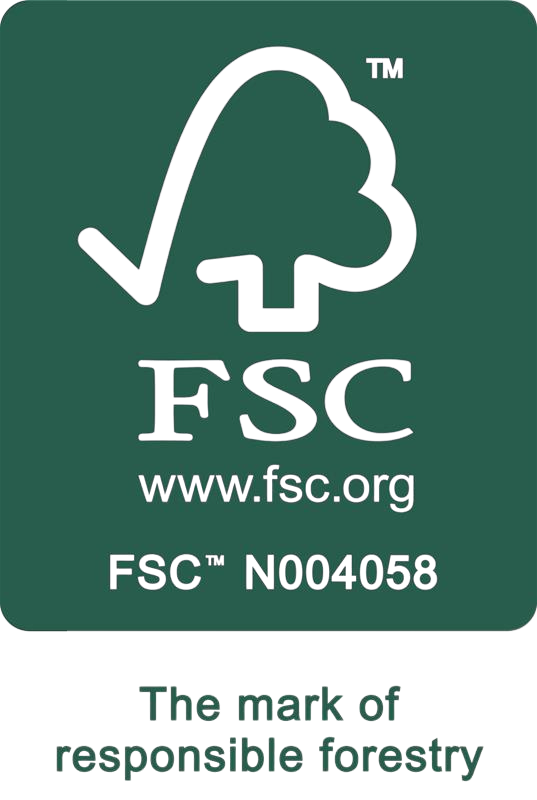ASUS Low-Carbon Product Innovation Path
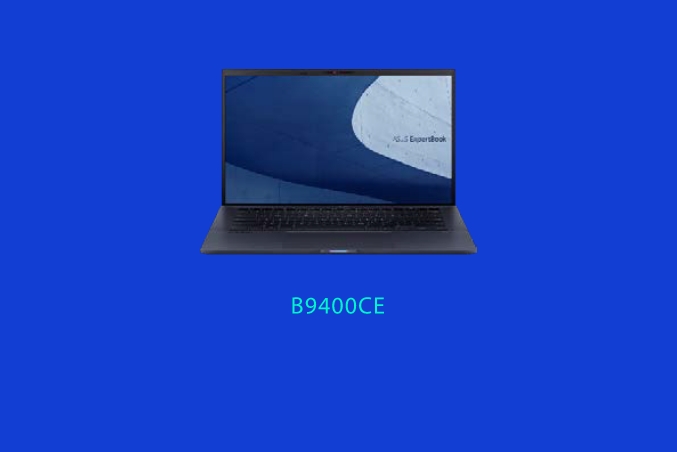
The World's First Carbon Footprint Verified Commercial Laptop
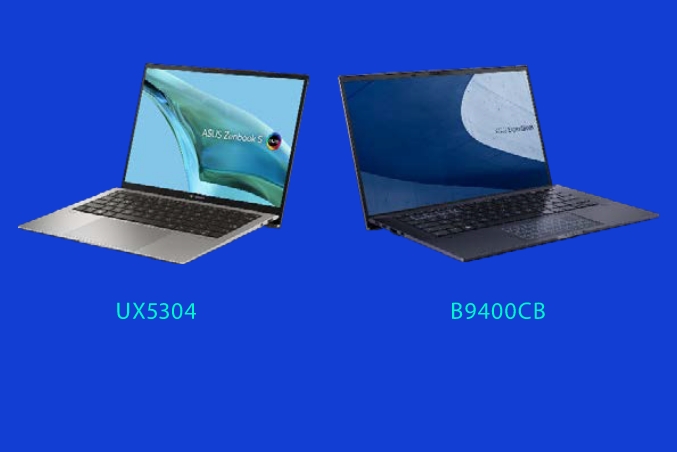
ASUS Commercial and Consumer Laptops Achieved Carbon Neutral Verification
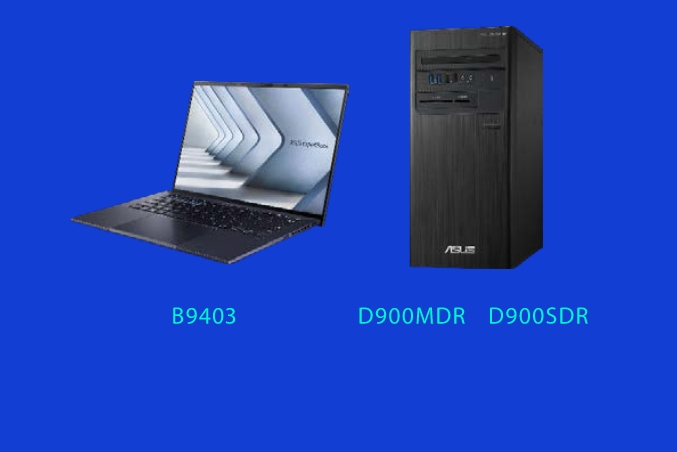
Products Carbon Neutral Service
Product Carbon Footprint and Carbon Neutrality
ASUS follows ISO 14040 : 2016 to conduct a Life Cycle Assessment (LCA) on our products, which involves the extraction, manufacturing, use, and ultimate disposal of raw materials. The raw materials, manufacturing and supply chain operations across the whole product lifecycle can all affect the product's carbon footprint. Through ISO 14067 : 2018 product carbon footprint verification, we can identify the hot spots of carbon emission throughout the product lifecycle to improve product design principles, and set up both plans and goals for carbon reduction.
Exploit raw materials
Use green friendly materials, including Post-consumer recycling plastic, recycled paper, FSC™ pulp

Manufacturing
Supply chain management, including renewable energy use low carbon process

Packaging & Transportation
Lightweight design of packaging materials to reduce volume and enhance transportation efficiency

Use
Energy-saving design to comply with ENERGY STAR® and enhance product energy efficiency

Disposal
Establish take back services and recyclers that meet internationally recognized electronic recycling standards to avoid wasting resources
Following the "Focus on Fundamentals & Results" principle, ASUS dedicates to reduce carbon emission in our business operation. Moreover, we aims to produce low-carbon products by integrating circular economy principles in the product design phase, leveraging ASUS' eight sustainable design principles to reduce product carbon footprint. We introduce a variety of environmentally friendly materials in our products whose packaging uses FSC™ forest sustainable certification materials and the final assembly plant increases the proportion of renewable energy. The parts that cannot be reduced by feasible technologies will be replaced by carbon credits with international credibility, and the product reaches carbon neutrality. ASUS selects carbon credits from nature-based forest carbon sinks, which are clean carbon credits that maintain biodiversity, soil and water conservation, and increase local employment opportunities.
Following the successful completion of the world's first commercial laptop (B9400CE) to achieve ISO 14067:2018 product carbon footprint verification in 2022, ASUS has continued to utilize environmental friendly materials, promote supply chain carbon reduction, and enhance product energy efficiency to achieve low-carbon products. For the emissions that cannot be reduced through technical means, ASUS offsets the carbon emissions through forest carbon sequestration projects, primarily reforestation, to help the products achieve carbon neutrality. By the end of 2022, ASUS completed third-party verification for its commercial laptop (B9400CB), meeting both the ISO 14067:2018 product carbon footprint and PAS 2060:2014 carbon neutrality standards. Continuing to launch carbon-neutral products, Asus introduced the "Carbon Partner Service" in 2023 to assist customers in meeting their carbon reduction needs. The initial focus is on two high-end commercial products, the Expertbook B9 OLED & ExperCenter D9. Customers can optionally purchase high-quality carbon credits to offset the remaining carbon emissions of the product, providing a more flexible service to help customers achieve their ESG performance and carbon reduction goals. In 2025, commercial customers purchasing Asus commercial laptops can plan to utilize the Carbon Partner Service to achieve their corporate carbon reduction targets.
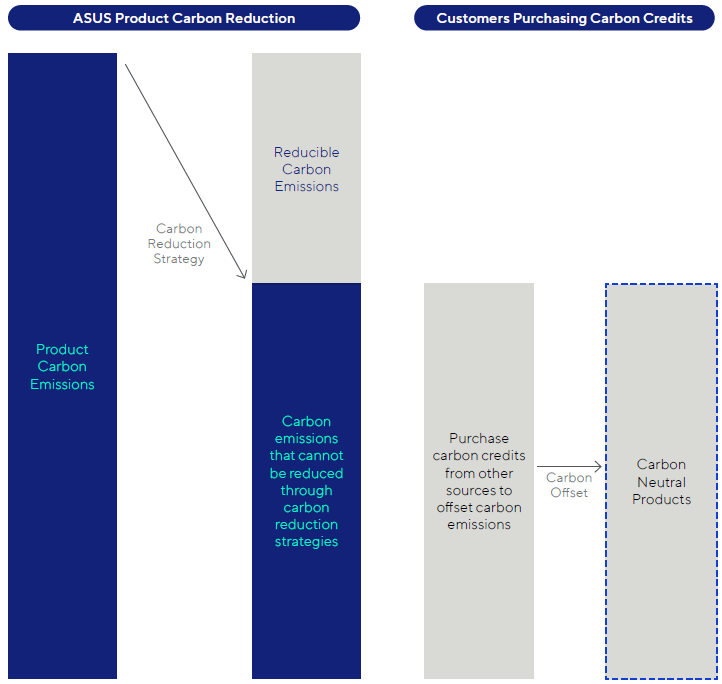
Performance:
- Offering comprehensive carbon neutrality services, providing high-quality carbon credits to offset product carbon emissions.
- Offering customized carbon credit offsets for the entire product lifecycle or cradle-to-customer-gate, ensuring tailored solutions to meet customer needs.
To ensure that the procurement of carbon credits has an essential impact on achieving net-zero carbon emissions, ASUS has established internal carbon credit procurement guidelines based on the Core Carbon Principles (CCP) issued by the Integrity Council for the Voluntary Carbon Market. The guidelines prioritize the procurement of removal-type carbon credits (such as reforestation and direct air capture). Additionally, ASUS adheres to the Gold Standard requirements for carbon credit projects, ensuring that the purchased carbon credits deliver at least three sustainable development benefits. These benefits aim to contribute to human well-being, ecological preservation, and job security, in addition to carbon reduction.
Starting in 2024, all commercial products will come with carbon neutrality services for customers to purchase. Customers can choose between lifecycle and cradle-to-gate carbon neutrality options according to their needs. Regarding carbon credit selection, customers can choose different types of carbon credits based on their company's requirements to achieve product carbon neutrality.
Low-Carbon Product Case Study
Expertbook P5 Incorporates Diverse Environmentally Friendly Metallic Materials
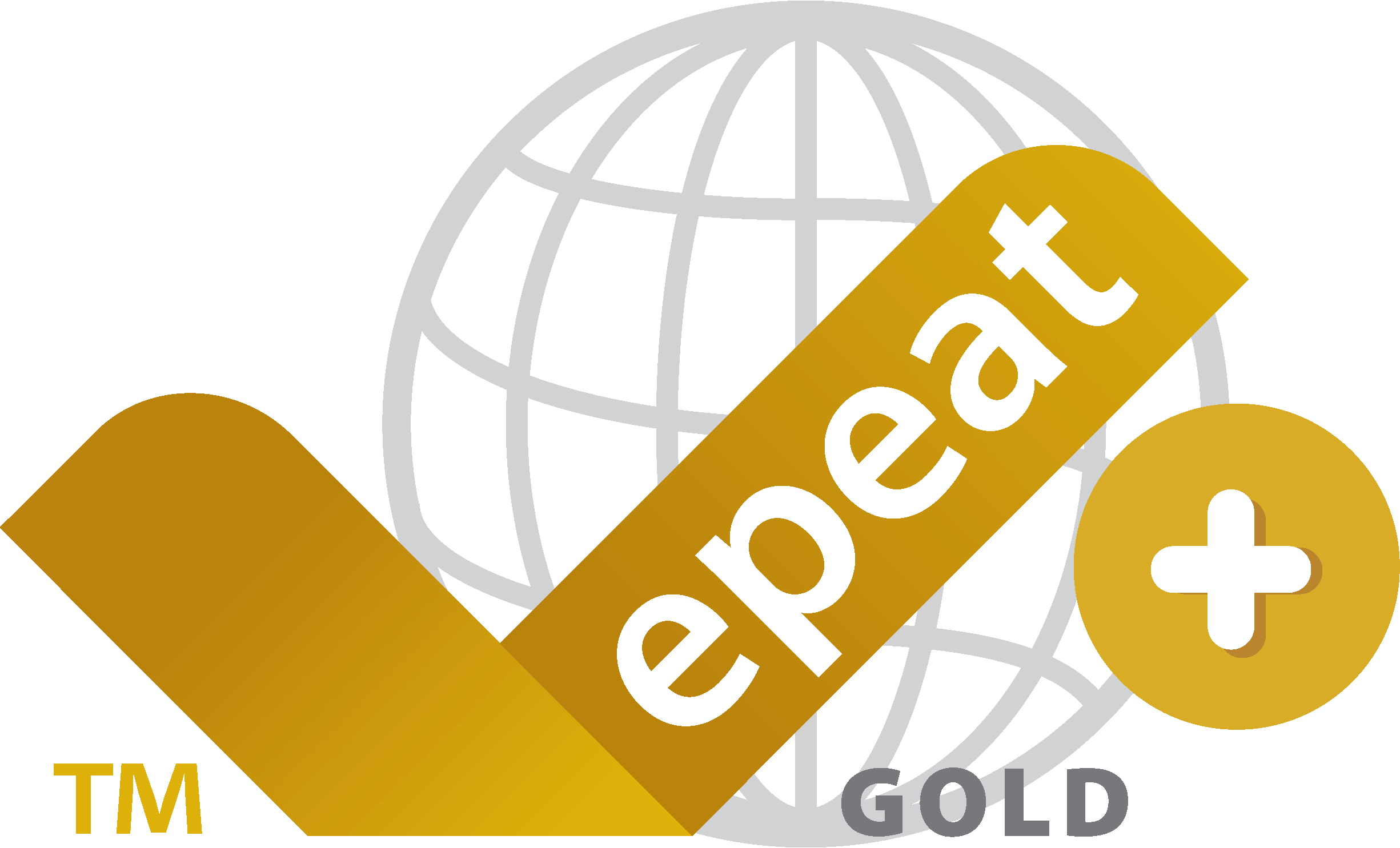
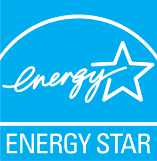
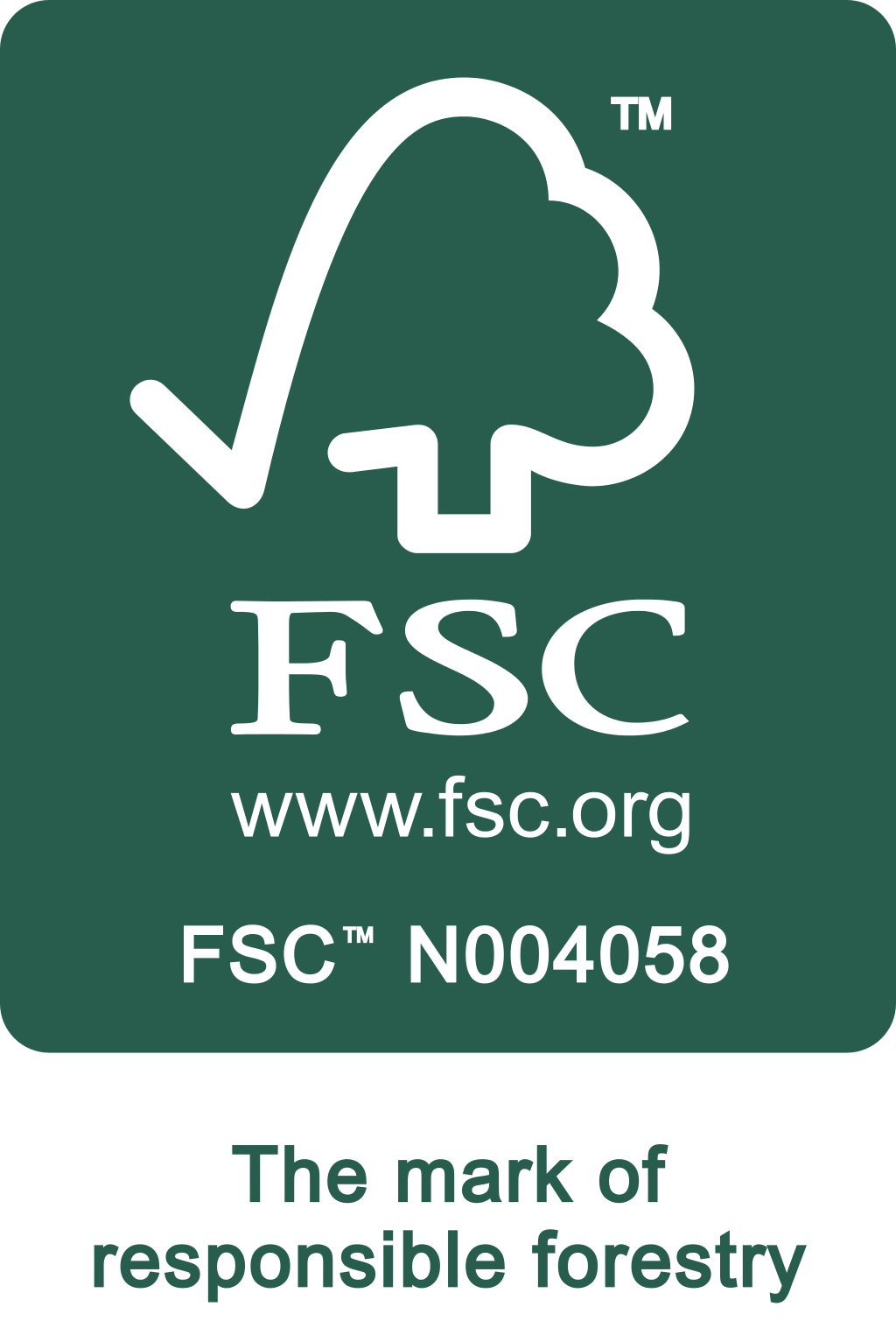
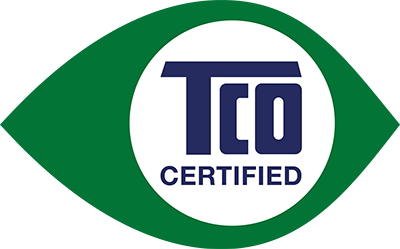
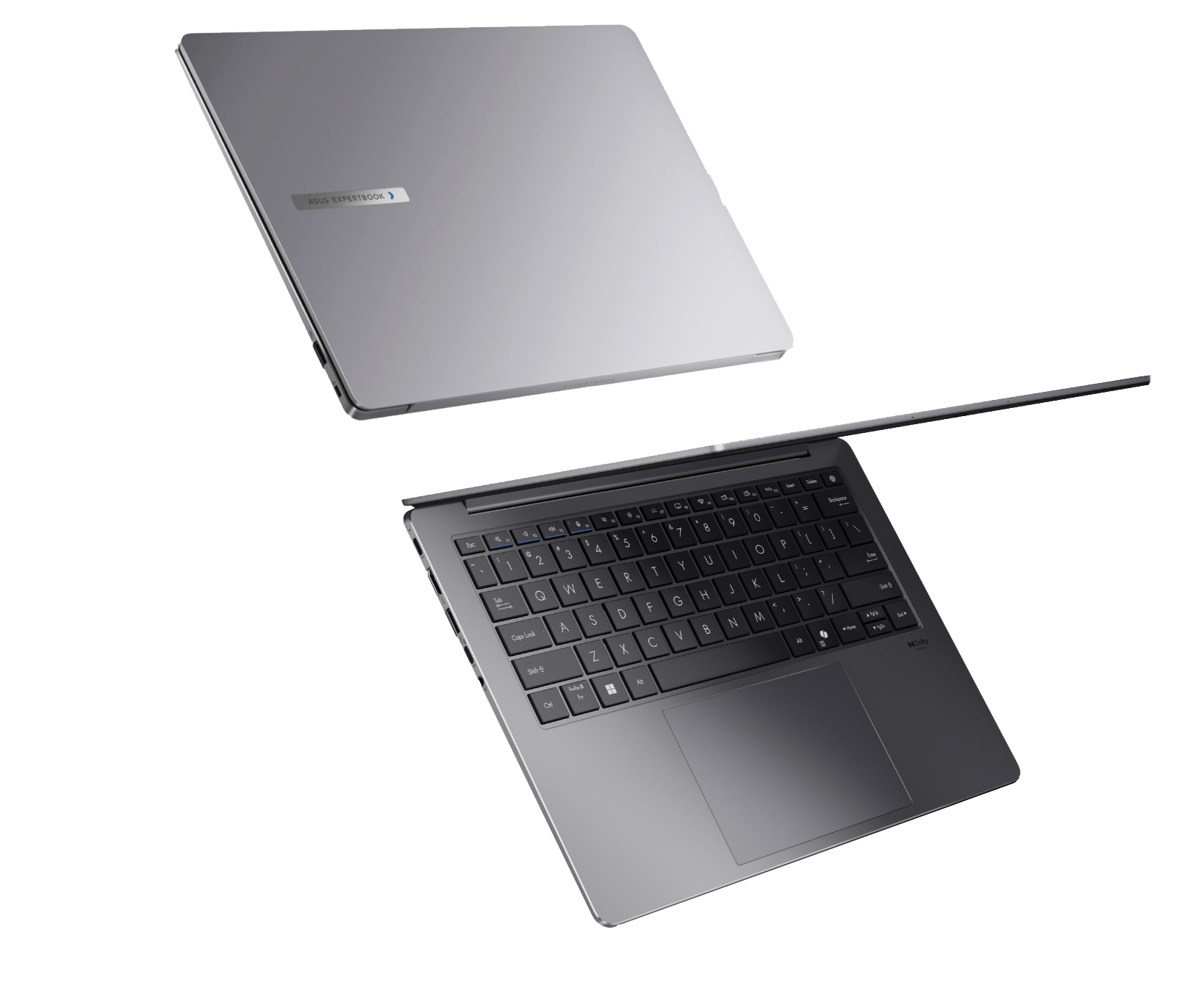
Environmentally Friendly Materials
- Top Cover Magnet:25% PCR Neodymium Magnet
- Top and Bottom Cases:30% PIR Aluminum Alloy
- Screen Bezel:30% PCR PC+ABS
- Speakers:50% PCR PC+ABS
- Fan Magnet:100% PCR Neodymium Magnet
- Keyboard Support:5% PCR + 50% PIR Thallium Alloy
- Top Cas:e30% PIR Aluminum Alloy
- Touchpad Support90% PIR Magnesium Alloy

ASUS Carbon Partner Services
A step forward to net zero
ASUS targets sustainability from a product life cycle approach, reducing carbon emissions from manufacturing, packaging, to using and recycling. In addition, as an end-to-end partner, ASUS enables you to reduce your carbon footprint by providing transparent, high-quality, and flexible carbon offset services that drive real, positive impact.
End to End Delivery
Offset carbon footprint throughout the product life-cycle with ASUS's one-stop shop offering for carbon service.
Assured Quality
Offset carbon emissions with high-quality nature-based carbon credits verified by reputable organizations.
Flexible and Precise
Choose among flexible options to achieve carbon neutrality to meet your organization needs and preference.

In Search of Sustainable Solution
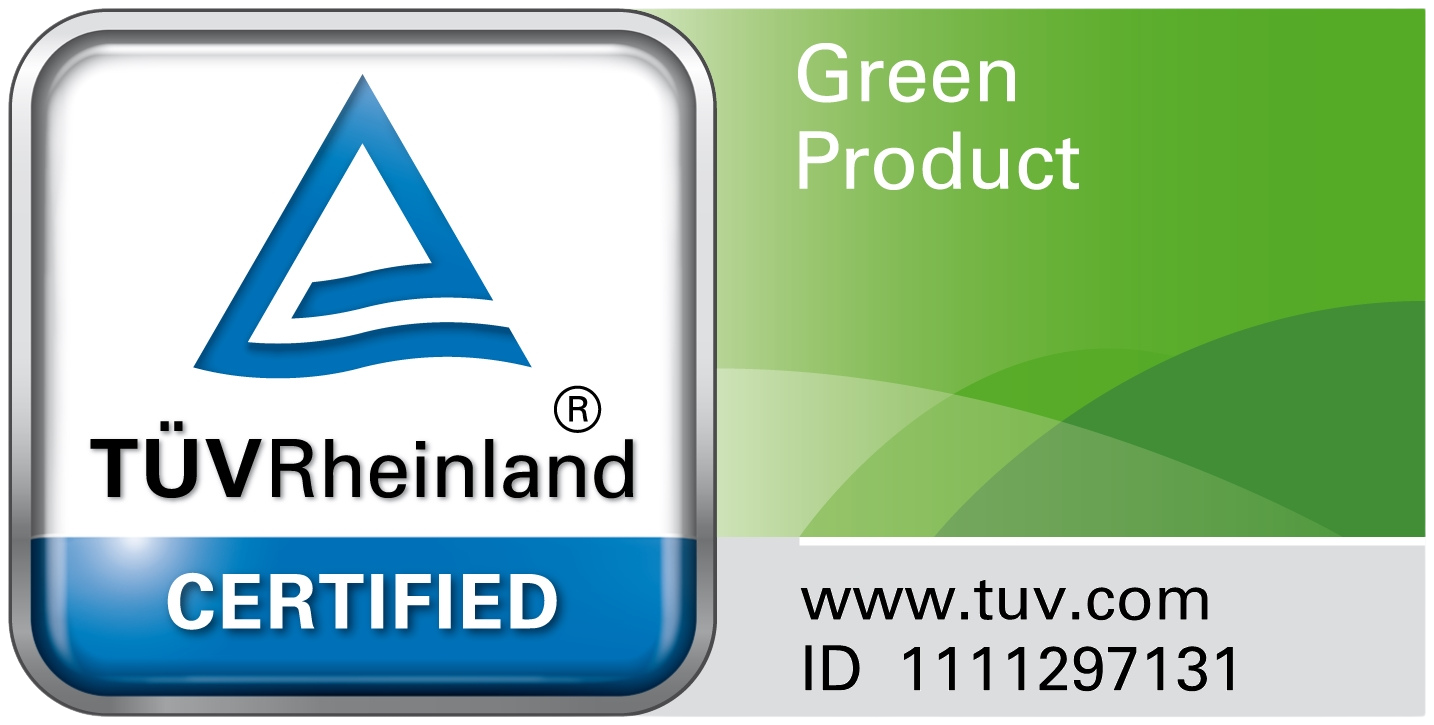
The ASUS Pro WS W880-ACE SE motherboard has received the TÜV Rheinland Green Product Mark certification — an authoritative mark that recognizes products which excel at sustainability and environmentally friendly design . This certification evaluates factors such as use of hazardous substances, recyclability, and eco-friendly packaging.
In addition, by incorporating post-consumer recycled (PCR) materials and using FSC™-certified paper packaging, ASUS demonstrates its commitment to responsible manufacturing and reducing environmental impact. Join us on our mission to build a more sustainable future, one innovation at a time.
*ASUS provides customers of Green Product Mark certified products with repair and replacement services for a minimum of 4 years after the product reaches End-of-Life (EOL).
